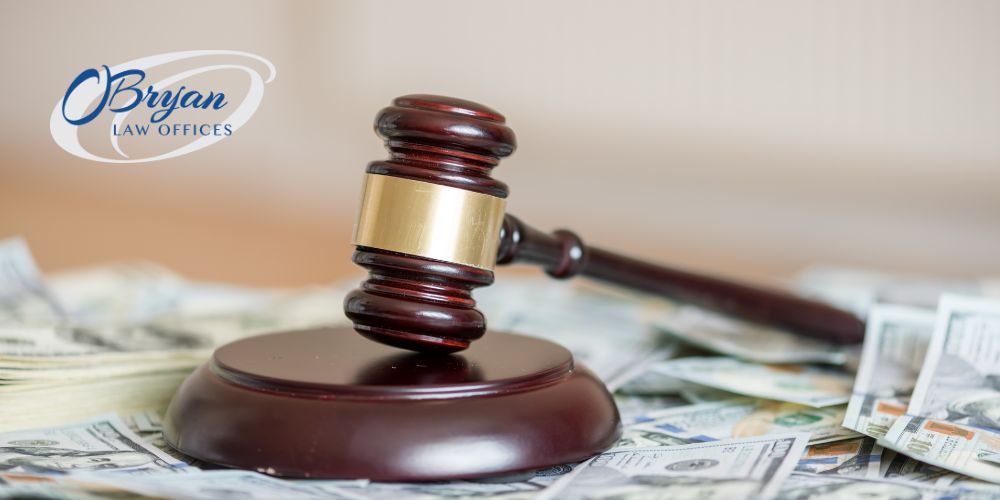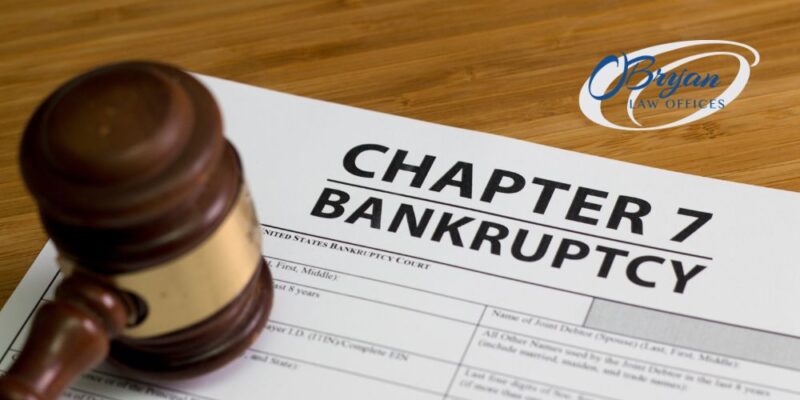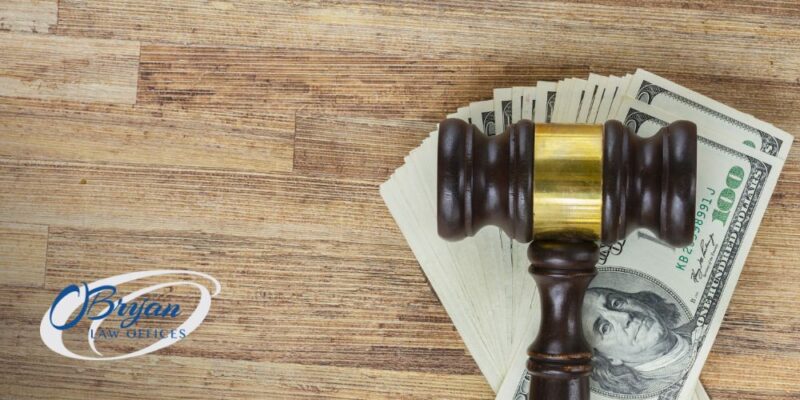No Asset Chapter 7 in Kentucky


Filing for Chapter 7 Bankruptcy can offer a fresh start to those struggling with making loan payments on time. Chapter 7 bankruptcy is also known as liquidation bankruptcy, meaning in a Chapter 7 case, the borrower’s personal assets are sold to pay off their debts. In most cases, however, the person filing bankruptcy has only exempt property, meaning they don’t have any assets to liquidate. This is commonly referred to as a no-asset Chapter 7 bankruptcy case.
If you are looking to file for bankruptcy, it’s important to hire an experienced bankruptcy attorney who will know how to navigate Kentucky bankruptcy courts and can help you file quickly and correctly. The Louisville bankruptcy attorneys at O’Bryan Law Offices are prepared to help you through the no-asset bankruptcy process and help you retain your assets.
How to File Chapter 7 With No Money
In Chapter 7 bankruptcies, the person filing for bankruptcy gives a bankruptcy trustee a list of their assets. This includes any secured debt, which is debt that has collateral attached to it, and any unsecured debt, or debt without collateral attached to it. After receiving the list of assets, the trustee then begins to sell the assets to pay the creditors.
The trustee, however, is only allowed to sell assets that are nonexempt. If someone only has unsecured debt and exempt assets, then the trustee can’t liquidate any of their assets. These are considered “no-asset” cases, and in a no-asset bankruptcy case, that person’s unsecured creditors receive nothing. A bankruptcy attorney can help you determine if you can file a no-asset Chapter 7 bankruptcy case.
Can I Declare Bankruptcy if I Don’t Have Assets?
Yes, if you have no assets, or assets that are worth less than a certain amount, you may be eligible for a no-asset bankruptcy filing. Bankruptcy offers a person or business a clean slate after filing. It is not designed to take everything away from a debtor and leave them without money to survive. That’s why both federal and state laws have a list of exemptions that cannot be liquidated in a bankruptcy case.
What Is a No-Asset Bankruptcy?
A no-asset Chapter 7 bankruptcy case occurs when someone files for bankruptcy, and they only have exempt assets. This means that the price of their house, car, or other possessions is below the federal or state exemption limit. Debtors could keep their assets after filing a no-asset case, and their creditors would not receive any payment.
Is Bankruptcy a Good Choice If You Don’t Have Assets?
Whether you have only exempt assets, or you have exempt and nonexempt assets, it’s important to determine if bankruptcy is right for you. Bankruptcy can stay on your credit history for 7-10 years, making it more difficult for you to apply for loans in the future. If you only have exempt assets, a no-asset case can help you erase your debt completely at the cost of your credit score. If you have nonexempt assets or want to protect your credit score, you may want to consider alternative debt settlement options.
How Do You File a No-Asset Chapter 7 Bankruptcy Case?
To file Chapter 7 bankruptcy, you must qualify to file Chapter 7 bankruptcy. Before you file bankruptcy, you have to pass a means test, which compares your income to the state’s average income. If you have a lower income than the state median income, you pass the means test. If you don’t pass the means test, you may have to file for Chapter 13 bankruptcy.
However, if you do qualify for Chapter 7, you must take a credit counseling course. Then, you’ll make a list of all secured and unsecured debts, as well as any assets, to file your petition for bankruptcy. The bankruptcy trustee will evaluate your assets and liquidate any nonexempt property. Any exempt property is yours to keep.
Do I Have to List All of My Assets in Chapter 7?
Yes, a Chapter 7 bankruptcy requires a list of all of the debtor’s assets. This includes any personal property, regardless of whether it is exempt or nonexempt. The bankruptcy professionals at O’Bryan Law Offices can help you put together a list of all of your assets and ensure your bankruptcy filing is done efficiently and correctly.
What Are Exempt vs Non-Exempt Assets in Chapter 7 Proceedings?
Under state and federal bankruptcy law, certain bankruptcy exceptions allow debtors to retain some of their necessary assets after filing for bankruptcy. Federal exemptions and Kentucky bankruptcy exemptions differ significantly, and each state decides what its exemption limits should be.
Most of the federal exemptions are more generous than those set by the states. This includes the state exemptions in Kentucky. It’s important to decide whether you want to file under state or federal exemptions when you go to file for bankruptcy, as one could allow you to retain more of your personal property than the other.
Chapter 7 Bankruptcy Exemptions in Kentucky
Below are the bankruptcy exemptions available in Kentucky. Under Kentucky state law, you are exempt from up to:
- $5,000 in home equity
- $2,500 in vehicle equity
- $6,000 in various personal property
- $1,000 wildcard property (property that would be nonexempt)
- Any retirement funds, life insurance policies, or public benefits, regardless of their monetary value
How Much Cash Is Exempt in a Kentucky Chapter 7 Case?
Even in a no-asset case, you can have up to $1,000 in your bank account the day you file for bankruptcy. This would count as a wildcard exemption.
What Happens if the Trustee Discovers Assets Later?
If the bankruptcy trustee discovers that the debtor owns a nonexempt asset and did not list it as one of their assets, the trustee can seize that nonexempt personal property. They’ll then liquidate the asset or assets and distribute the funds to creditors.
Should You Get an Attorney for a No-Asset Chapter 7?
Yes, when filing for bankruptcy, you should hire a bankruptcy law firm to help you understand the bankruptcy process, file a claim, and ensure you achieve the best possible outcome for your case. A bankruptcy lawyer can also help identify potential issues in your case and understand what bankruptcy exemptions apply to you. Contact us online and schedule a free initial consultation with one of our attorneys.
Contact the Chapter 7 Bankruptcy Attorneys at O’Bryan Law Offices Today
When filing for Chapter 7 bankruptcy, it can be difficult to understand exactly where to start and what to do next. The experienced lawyers at O’Bryan Law Offices have handled countless no-asset cases and can provide you with legal advice tailored to your individual circumstances. We can help you explore other debt-relief options or even defend your interests in bankruptcy court. Call us at 502-400-4020 today so that we can evaluate your case and help you make the right decision for your financial situation.








